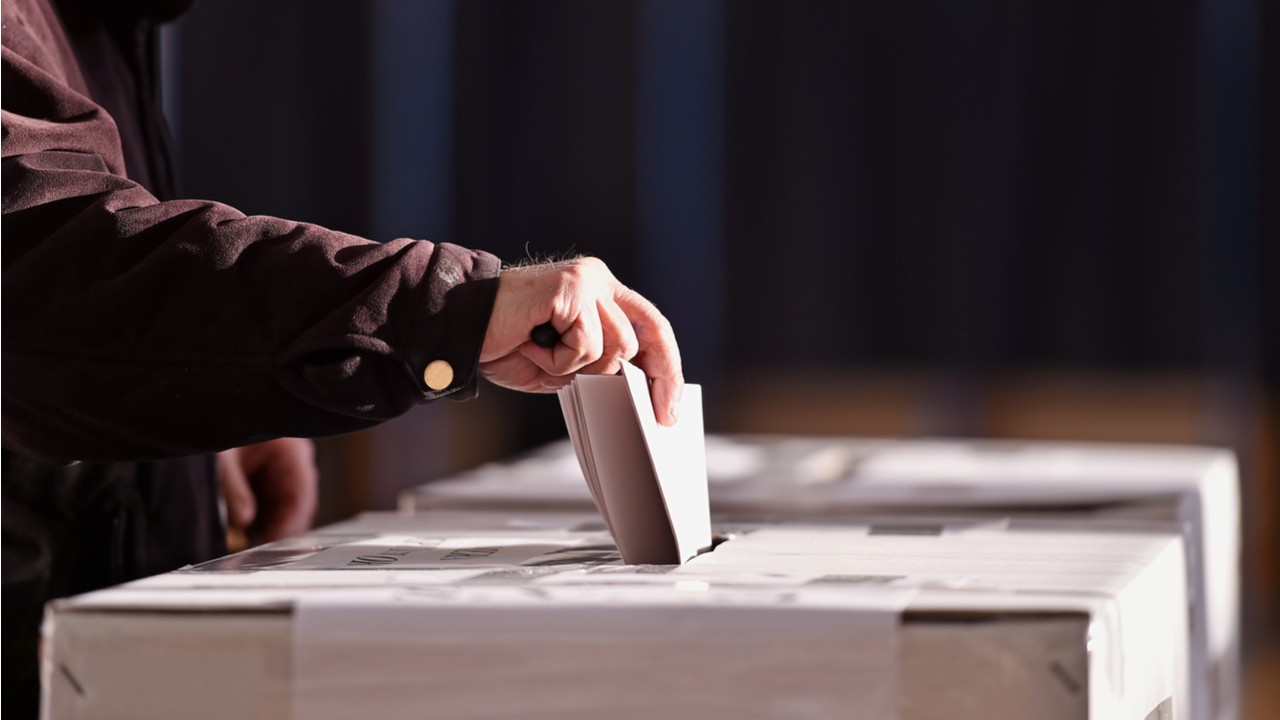On income inequality rankings, Iowa comes in third best, with narrower gaps between rich and poor than any state except Alaska and Utah. But when it comes to choosing presidential candidates, Iowa’s process is exceptionally unequal.
On Feb. 3, when Iowa holds the much-anticipated “first in the nation” caucus, low-income residents will face multiple barriers to participation.
First, you have to be able to show up in person by 7 p.m. and stay for an unspecified number of hours. That knocks out people who work in the evening and can’t take time off.
Think about the second-shift workers at the poultry and pork processing plants that dot the state. Think about the students who bartend to cover their tuition and other people who have to work multiple jobs to make ends meet. Think about the parents who can’t afford nighttime child care. They’re all excluded.
…
This article was written for Inside Sources and is available at the Roanoake Times.
